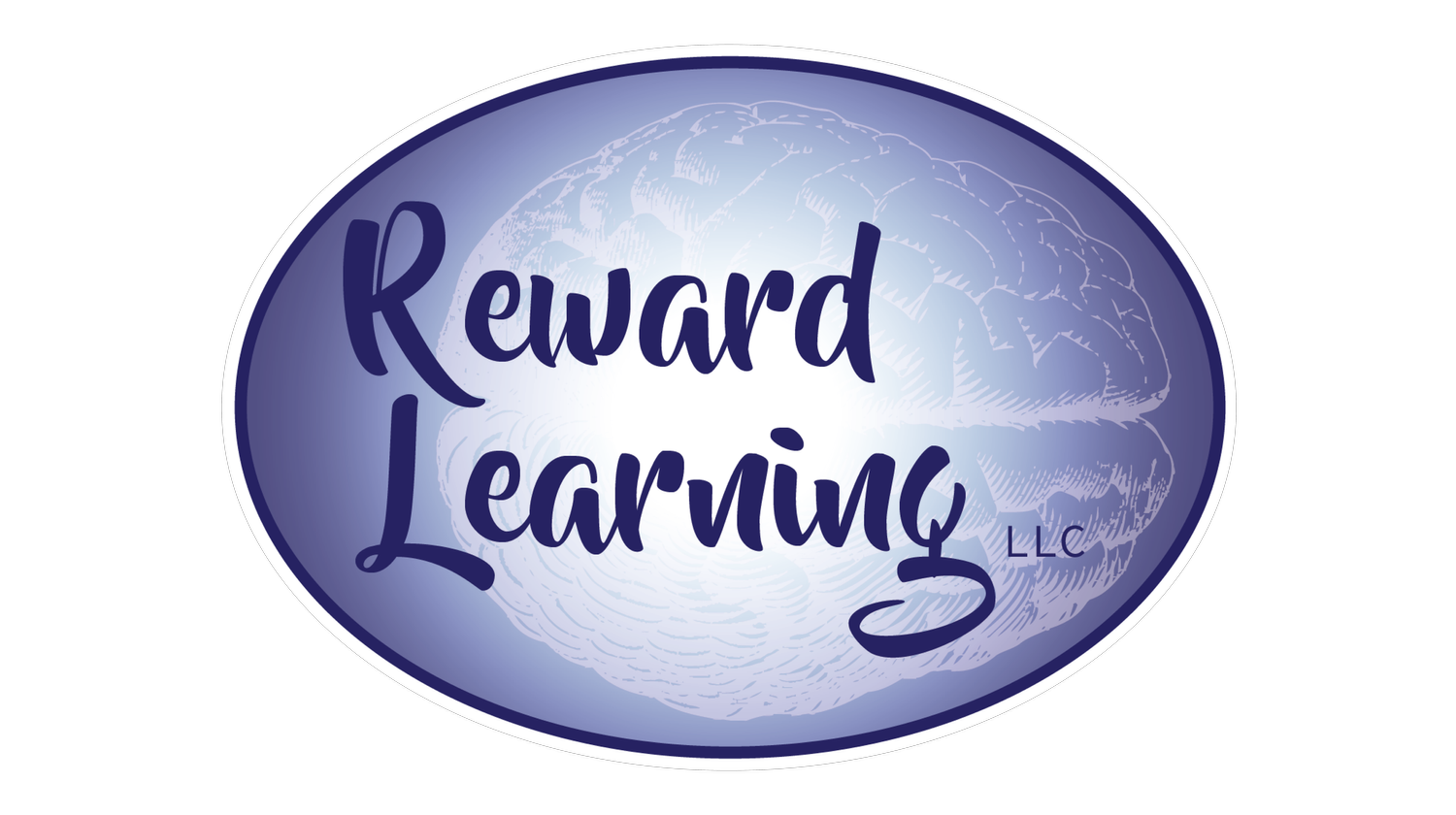Consider setting a summer goal to read a minimum of twenty-minutes a day, from a book or magazine that is interesting and enjoyable to you. The focus should be to relax, get comfortable, enjoy, and understand what you read. If you are struggling to focus at first, try to summarize each paragraph in your own mind after reading it, until you are following along well. It is okay to re-read a paragraph that you cannot summarize, even several times. Try to keep the experience positive, avoid self-criticism, rather seek to embrace your efforts. No need to focus on speed of reading (i.e. fluency), because learning to understand deeply, and to pay attention throughout the process can yield best results, and over time the speed can come naturally as you comprehend text. If you wish to test yourself after reading, it can be a helpful strategy to build skills in comprehension. However, if you do this last idea, be careful to not rob yourself of the joy of reading. Think about it this way, if you had to take a test about a movie or television show, would you spend much time doing that? If this would be motivating, then yes, it can be a great way to further enhance your understanding. Bottom line is reading can, and should be enjoyable, so find a book (or several) that you wish to devour during the summer. By following these strategies, and adapting them to your interests/needs, these 20-minutes a day may blossom into a new healthy passion of reading/learning. You may find yourself choosing to read for longer, perhaps much longer, than just 20-minutes.
You may not have known that similar to how an athlete may get those “runner highs” when exercising, a reader can get similar benefits when reading. This is because dopamine can circulate in the brain in a natural and healthy way when we exercise, and also when we are reading. When we push ourselves through these things that might sometimes be difficult, the brain has a natural way of helping us. Having optimal dopamine levels in our brains, in healthy, non-addictive ways, leads to healthier balances of this important neurotransmitter in our brains. This can help us in many ways toward the life we want. If you are interested in learning more deeply about the dopamine system in the brain, and many ways to optimize it, I highly recommend listening to Andrew Huberman’s YouTube Video and Podcast titled “ADHD and How Anyone Can Improve Focus.”
If you find that even doing these kinds of strategies is not helpful in skill building, and in finding enjoyment in the process, consider reaching out to learn about the benefits of a comprehensive assessment. There may be specific reasons why you (or your loved one) may struggle with reading, that simple solutions may not solve. Getting a Psycho-Educational Assessment by a skilled Licensed Educational Psychologist can help you in your journey toward gaining valuable skills, and finding pleasure in reading, These skills can carry with you throughout your life, in school, in your career path, and in overall quality of life.
As a Licensed Educational Psychologist, I am able to diagnose or “rule out” a Specific Learning Disorder in reading, writing and/or math. Also, I am able to let you know whether you have dyslexia, and if so, which subtype. A psych report contains this information, plus recommendations to help with skill buiding (such as type of interventions for your unique needs), based on a combination of research, evidence-based strategies, principles of neuroscience, and many years of experience in this field. Feel free to reach out with any questions!
Interested in learning more? Follow me on Facebook.
